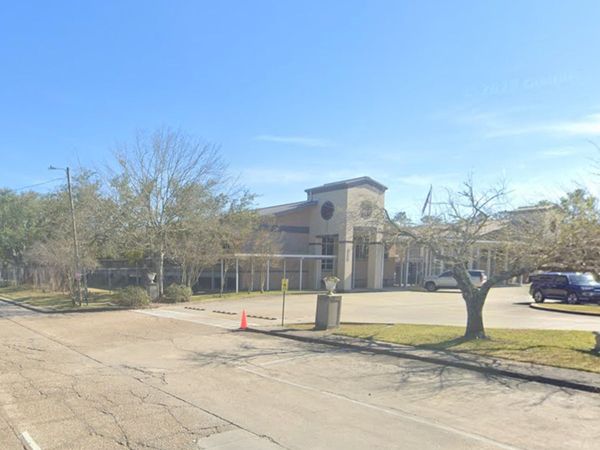SCOTLAND’S councils are facing a multi-million pound funding gap as services are struggling to meet demand, new figures have revealed.
A new report from Audit Scotland, an independent public body responsible for auditing most of Scotland’s public organisations, found that councils across Scotland face a collective gap of up to £585 million between the money needed to deliver services and the money available when setting their budgets this year. This is estimated to increase to £780 million by 2026/27.
The body warned that “ever tougher decisions must be made to ensure councils are financially sustainable”.
Councils are addressing this gap most commonly by making ongoing savings, using reserves and raising money through charging citizens for some services.
A report on the budgets set by councils for 2024/25 found that a near six percent increase in Scottish Government revenue funding to councils – totalling £13.25 billion – masks significant underlying financial challenges and strain.
Almost all of the increases in funding have been ring-fenced for policies and to cover the costs of pay increases in 2023/24.
Whilst councils received £147 million in government funding to mitigate the impacts of this year’s council tax freeze, there are longer-term financial consequences as future rises will provide less income for councils.
The body added that a third of councils say the government funding does not fully-fund the freeze.
It said the full impact of proposed savings by councils on service delivery and communities is “unclear”.
“We will continue to monitor this area closely, as councils must meet savings in full this year. Failing to do so will intensify and exacerbate the impacts on services in future years, as further savings will be needed,” the body said.
Derek Yule, a member of the accounts commission which published the report, said it is “getting harder for councils to do more with less”.
“They have to find and then deliver significant levels of savings to address budget gaps," Yule said.
“Fully engaging with local people and being clear about the different and difficult budget choices is vital, whilst understanding the impacts on the most vulnerable.”
Yule added that more transparency is needed from local councils on the accessibility of financial information.
“Councils need to improve the way in which they present financial information, and do this in a clear, consistent and accessible way,” Yule said.
“The accounts commission calls on councils to increase the accessibility and transparency of publicly available budget information.
“This will allow for improved comparison between councils, particularly around key information including actions to tackle existing and future budget gaps, as well as savings plans.”







